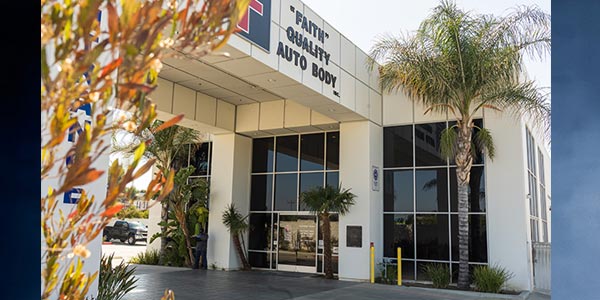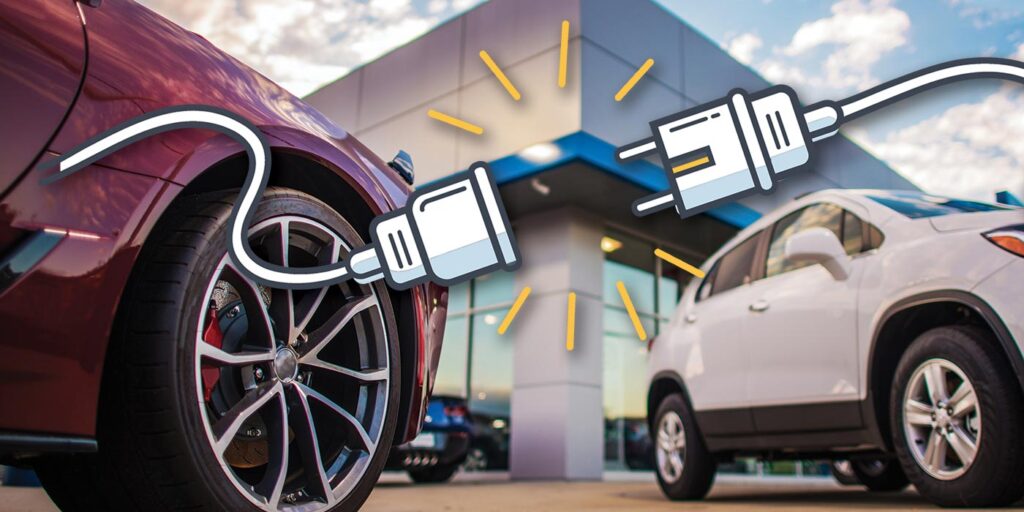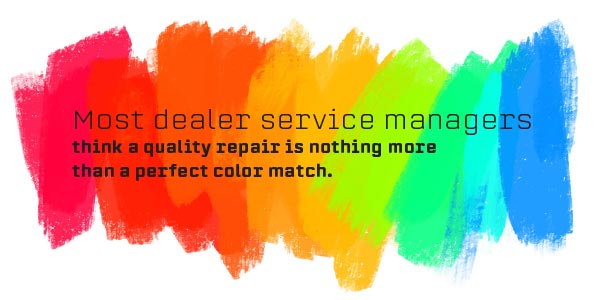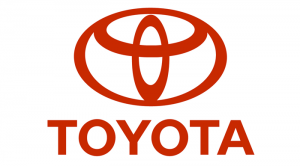First and foremost, let me say that I’m a firm believer in using original equipment manufacturer (OEM) procedures to repair today’s high-tech vehicles. While most OEMs have a collision certification program, most shops can’t justify the cost without seeing a return on their investment. I speak from experience, as I have 20 OEM certifications that I’ve spent hundreds of thousands of dollars to obtain and thousands of dollars yearly to maintain.
So, with this large investment, how do I justify the cost when I can’t show any increased profit while adding to my overall overhead? The cost to repair vehicles using OEM procedures is substantially higher because we’re continually subsidizing parts and labor, since insurers really don’t see the value of a certified collision repair.
The Great Disconnect
You would think that customers and insurers alike would appreciate the quality and approach when using OEM guidelines to repair today’s vehicles. Not so! Instead, we get penalized, the insurers think we’re prima donnas, and the customers think we’re overpriced. This is because there is a lack of communication and knowledge between the consumer and the OEMs.
The vehicle manufacturers understand the value of a quality repair because they see hacked cars all the time and realize that it hurts their brands and results in diminished value for their customers — which is why OEM certification programs came about in the first place. The problem is they’re only halfway there because of what I call “the great disconnect.”
Ignoring the Value
Most OEMs have policies for their warranties that their franchised dealers must follow but have nothing when it comes to collision repair. This is because there is a lack of accountability between the OEMs and their dealer networks. They should be required to recommend their brands’ certified collision shops. Dealerships should be required to educate their customers on the procedures to be followed in the event of a collision and explain that there are warranty requirements. They should be required to recommend the insurers that sell “OEM-only” policies and explain to the consumer:
- Why a certified repair is important
- Why the dealer suggests using a certified repair facility (there could be warranty implications, diminished value, safety issues, etc.)
Dealerships should educate themselves, so they understand the real value in having their customers’ vehicles repaired according to the manufacturer’s guidelines. The consumer needs to know there is a difference.
Dealer service managers really don’t understand the value or the difference between a certified collision repair and non-certified collision repair. It’s funny, though, that they do understand the difference between a “certified pre-owned” vehicle and one that is not. Still, they ignore the fact that a certified collision is just as important. Most think a quality repair is nothing more than a perfect color match.
This great disconnect is huge, and the gap is getting larger instead of smaller. Dealers need to be taught that a certified, OEM-trained collision shop may, in many cases, have more expertise than they do. After all, we’re trained by their own manufacturers.
The Solution
The only way that this can be fixed is for dealerships to answer to their OEMs. The OEMs push customer satisfaction indexes (CSI) and quality repairs for their brands but allow their dealers to recommend body shops that are far from qualified. Maybe it’s because they know a really nice guy who owns a body shop; maybe it’s a long-lasting relationship with a shop that did not keep up with the training and investment required for the brand. Whatever the reason, it needs to be an OEM requirement for their dealer networks to recommend certified shops only. This really bothers me because it hurts my investment and hurts their brand, and — more often than not — the cars are not repaired properly.

When we perform a certified repair, it takes us longer because the procedure is never the quickest or easiest way — which gives my competition an unfair business advantage when repairing the vehicle. The consumer has no idea that there is a difference, but I know that there is. I could make way more money butchering cars, purchasing a big liability policy and, if the need arises, just buying myself out of trouble. I don’t want this to be the future of the collision industry. Until the OEMs demand more out of their dealers when it comes to collision repairs, fewer and fewer collision shops will spend the time and money to become certified.
The solution is for each dealer to be required to train its service personnel so they understand the vigorous training and investment required for a collision repair facility to get any OEM certification. They should require them to visit their sponsored body shop so they have firsthand knowledge of who and what they’re dealing with. It should be tracked as much as their CSI — and all service departments understand the importance of CSI.
The sales department should be able to explain to each customer the benefit of an insurance policy that pays for OEM-certified repairs. The OEMs could possibly require an OEM collision policy as long as the vehicle is under warranty or financed. They should require their dealer networks to work with their certified collision networks and treat them as the experts when making decisions about any collision repair. The OEMs need to lobby the insurance companies to create policies that are pro-OEM repair process. Yes, they’ll charge more for these policies, but it’s either “pay me now or pay me later” and will all balance out in the long run. Last but not least, they need to forbid any finder’s fees or commissions paid by any body shop to any dealer for referrals.
Summary
This great disconnect can be addressed, but it needs to come from the top — directly from the OEMs to their dealers as a requirement, similar to CSI reports or certified pre-owned used cars. It’s the same concept and is a win-win for all involved: the OEMs, dealers, consumers and finally the certified collision shops. When this is done, shops will spend the money for the OEM-certified programs because they’ll see a return on their investment and, most importantly, the cars will be repaired correctly.
















